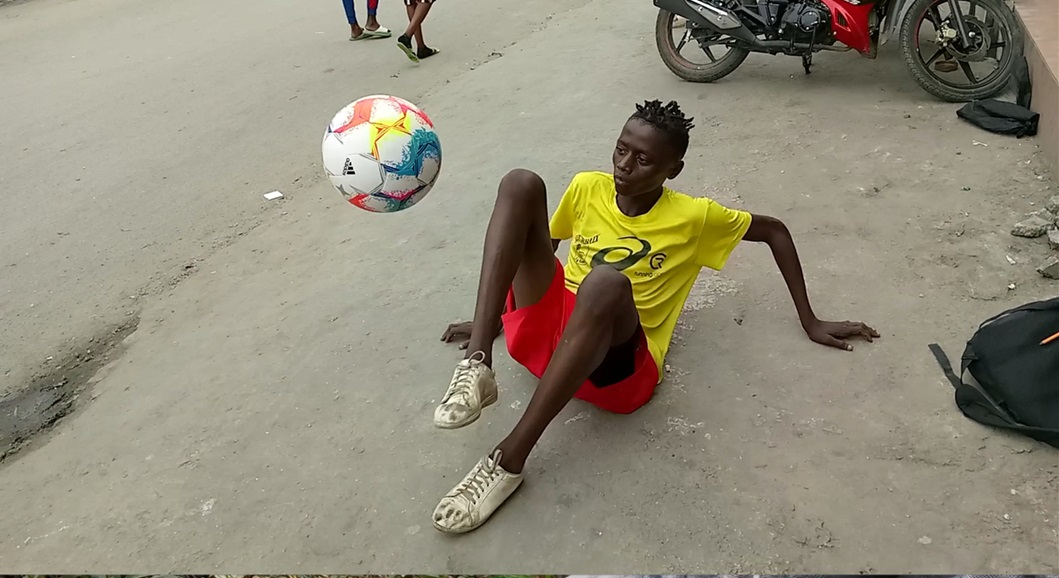We use cookies to help you navigate efficiently and perform certain functions. You will find detailed information about all cookies under each consent category below.
The cookies that are categorized as "Necessary" are stored on your browser as they are essential for enabling the basic functionalities of the site. ...
Necessary cookies are required to enable the basic features of this site, such as providing secure log-in or adjusting your consent preferences. These cookies do not store any personally identifiable data.
Functional cookies help perform certain functionalities like sharing the content of the website on social media platforms, collecting feedback, and other third-party features.
Analytical cookies are used to understand how visitors interact with the website. These cookies help provide information on metrics such as the number of visitors, bounce rate, traffic source, etc.
Performance cookies are used to understand and analyze the key performance indexes of the website which helps in delivering a better user experience for the visitors.
Advertisement cookies are used to provide visitors with customized advertisements based on the pages you visited previously and to analyze the effectiveness of the ad campaigns.

In Pointe-Noire, Congo-Brazzaville, young soccer players are juggling. The practice is gradually gaining ground.It's their plan B to support themselves and ensure a healthy leisure activity.
They call him the walking footballer. It's Ekany Ngakosso, a young boy who, ball in hand, roams the streets and neighborhoods of Pointe-Noire to juggle. For the attacking midfielder, it's all about maintaining or surviving in the game.
Ekany Ngakosso is not the only footballer juggling the ball in public in the Congolese economic capital. Although there are no official figures yet, observers believe that the phenomenon is now well established in the city, as it is throughout the country."The phenomenon is not new. In other parts of the world, it's well advanced. But it's only now that it's taking off," explains Pépin Herman Ékouakoubou, a sports journalist with a local radio station.
Leisure and livelihood
A phenomenon encouraged by several factors. In Pointe-Noire, as in many other parts of the country, soccer is not a professional activity, and clubs, especially those in the lower divisions, are experiencing serious operational difficulties. This often impacts on players' vitality and everyone is obliged to manage in their own way.
"For me, juggling is much more a question of sporting survival. I say sporting survival, because my club doesn't train regularly due to a lack of resources. As a result, you sometimes lose certain qualities. So, to keep going, I have to juggle," explains Ekany Ngakosso.
Congo-Brazzaville also has a scarcity of leisure centers. Faced with such a reality, juggling becomes the plan B to meet this need for leisure. "I'm in 5th grade.Yes, I go to the library. But I can't spend all day reading!Logic would dictate that after school activities (lessons, reading, etc.), I should go and have some fun. But leisure centers are rare," laments the young attacking midfielder.
There are also financial motivations. "As you can see, I come to juggle here (Pointe-Noire central market, editor's note) with a small basket.I don't force spectators to leave anything in it.But everyone can make a gesture of their own free will. My parents are destitute. I'm 25, I don't work and I don't go to school. Instead of stealing, I juggle and it allows me to feed my partner and our son, who is now two. So, it's my livelihood until I find a good job," explains another juggler who preferred to remain anonymous.
Encouraging talent by creating structures
For their part, many spectators don't hesitate to make this gesture."It's all about encouraging young talent. Maybe one day they'll have the optimal conditions to express their talent freely and fully. That's why I always give them a ticket or a coin. I don't have a preference, I give to all the jugglers who show off in front of my shop, and I'll always do so as long as they pass through here", says Abou Moussa, a clothes merchant in Pointe-Noire's central market.
In the meantime, talent is being relegated to anonymity.
"Juggling doesn't make you a good player. You can juggle well, but if you don't know how to free yourself from marking, if you don't know how to offer solutions to your partners through successful passes and dribbles, you're nothing.So, we're waiting for these youngsters on the pitch rather than in the markets and streets," explains Pépin Herman Ékouakoubou, a sports journalist with a local radio station.
For human rights defenders, it's high time the public authorities thought about taking consequential measures. As I speak, humanity is celebrating World Children's Rights Day under the theme "For every child, every right" (November 20, Editor's note). But among these rights are the most fundamental: education and leisure, as stated in the International Convention on the Rights of the Child. The State would therefore do well to build leisure centers and sports facilities to enable our little ones to express their talents. Otherwise, we'll remain witnesses and extras at major soccer events," explains human rights defender Fabrice Sévérin Kimpoutou.